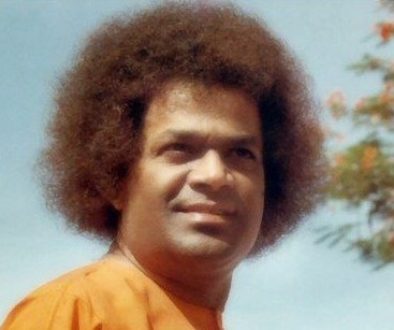The Hindu Declaration on Nature
Singh, Karan1986
A declaration regarding the conservation of nature from the point of view of Hinduism that emerged from the first inter-religious meeting on nature conservation in Assisi (Italy) in 1986, organized by WWF International. After the meeting statements from representatives of the world’s five major religions – Buddhism, Christianity, Hinduism, Islam and Judaism – were issued that addressed the issue of nature conservation from the point of view of faith.The focus on nature is clearly reflected in the ancient sacred texts of Hinduism, which teach reverence and awareness of the great forces of nature – earth, sky, air, water and fire, as well as plants and trees, forests and animals, and show how they are interwoven within the great rhythms of nature. The sacred is not external to creation, but it is also expressed through natural phenomena. Many Hindu texts recommend that all species be treated like children. Animals have always received special treatment in Hindu mythology since each deity is associated with an animal. Moreover, the ancient Hindu scriptures paid special attention to the environment. Forests were considered sacred and flowering trees were especially revered. The Mahabharata says that “although there is only one tree full of flowers and fruits in a village, this place becomes worthy of worship and respect”. Currently, we need to remember that nature cannot be destroyed without also destroying humanity. Years of excessive exploitation of the environment have left serious impacts. A radically different attitude toward nature is now not a matter of spiritual merit, but one of sheer survival.
Reference
Singh, Dr. Karan. “The Hindu Declaration on Nature”. A: The Assisi Declarations: Messages on Humanity and Nature from Buddhism, Christianity, Hinduism, Islam & Judaism. Basilica di S. Francesco Assisi, Italy. WWF 25th Anniversary, 29 September 1986.




